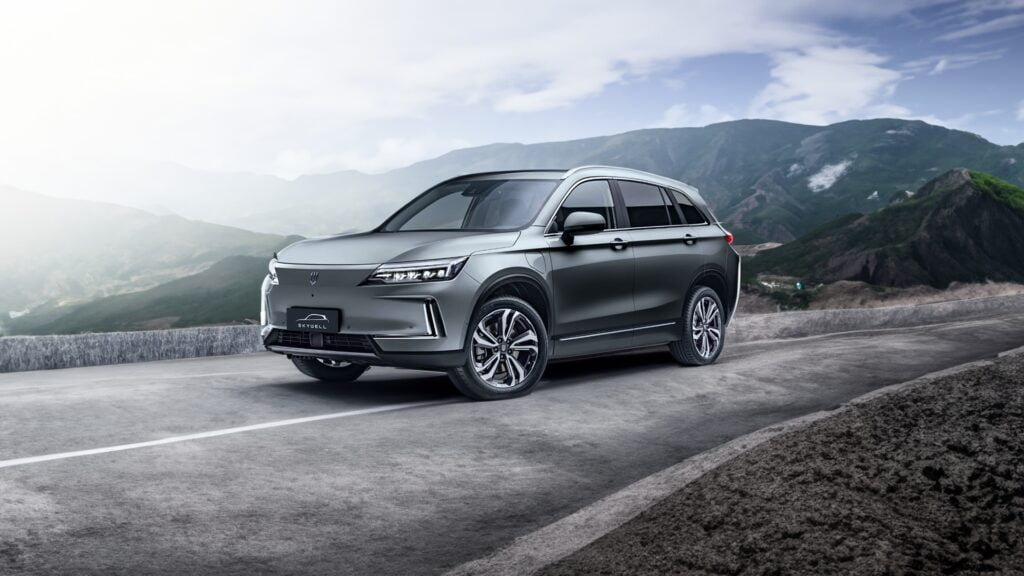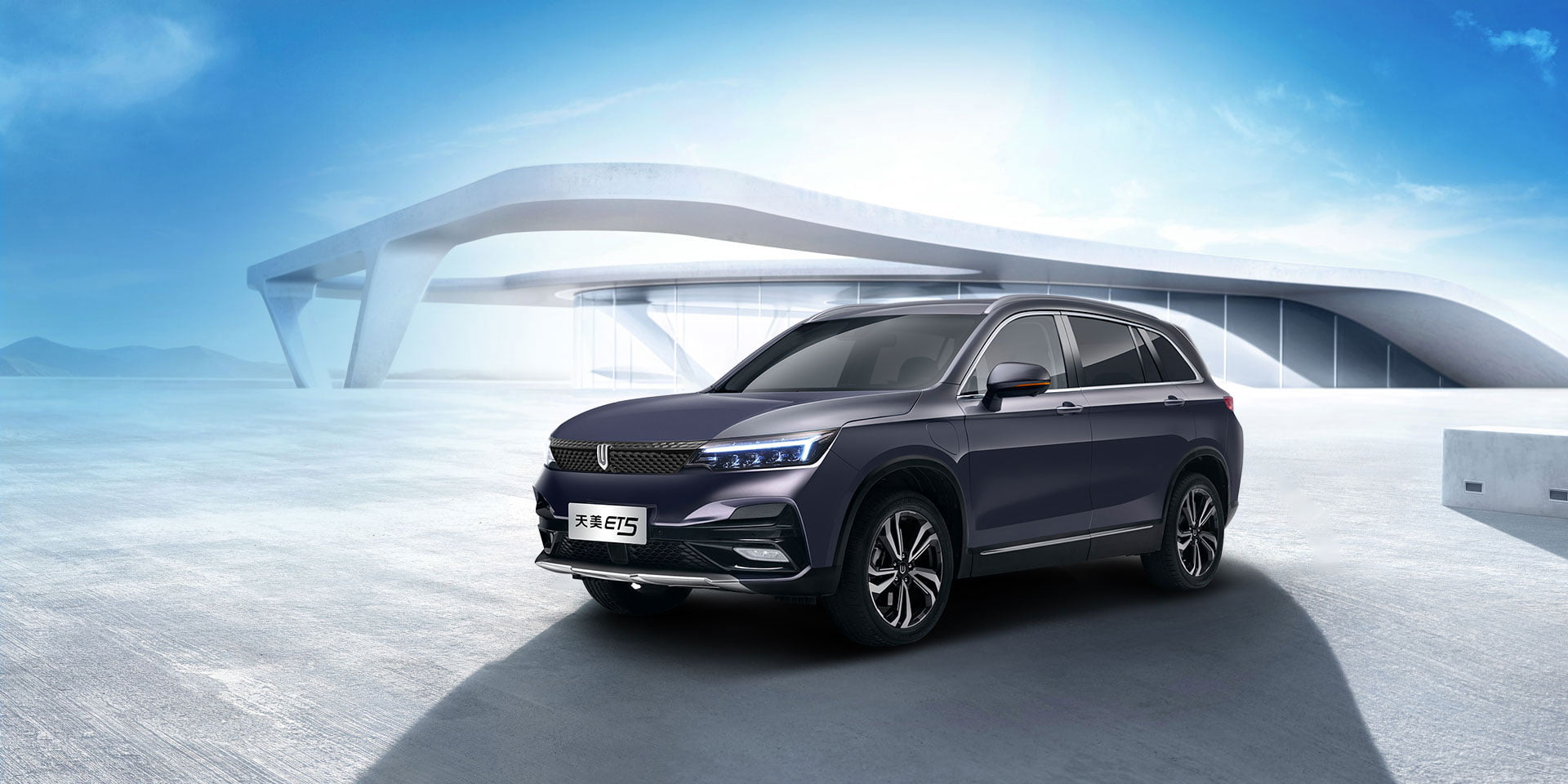Since electric cars, which are pioneers in realizing the transportation needs with an environmentally friendly working principle, are still a new technology, there are some points that should be known about. When you are informed about what you need to know before buying an electric car, you can choose a vehicle that can meet your wishes and needs.
Considering the negative effects of traditional vehicles on the environment, electric cars are a necessary technology for the world. Electric cars, which provide cleaner emissions, thus support less pollution of the environment and a greener environment.
Things to know before buying an electric car are as follows:
- Features: Electric cars manufacturers design vehicles in different segments. Before buying an electric car, you should have information about the vehicle’s electric motor and battery packs. The technical features of the vehicle affect performance and comfort. You need to choose the tool that suits your needs and wishes.
- Software Updates: There is software support in electronic cars where technological developments are integrated. Equipped with advanced technology, the software in these vehicles has different functions. You should have information about the software support and updates of the vehicle to be purchased. Some companies offer update support free of charge, others for a fee.
- Driving Range: One of the most curious points when buying an electric vehicle is the driving range, that is, the distance that can be covered. Electric cars are expected to provide a driving range of over 100 kilometers. For vehicles in the upper segment, it is demanded to increase the range even more.
- Battery Life: The battery pack in electric cars is one of the most important and expensive parts of the vehicle. Before buying electric cars needed for a green world, you should examine the battery pack and take care to keep the battery life healthy for a long time after purchase.
- Charging Infrastructure: Electric cars can be charged at homes, offices, shopping malls and stations. However, the number of electric charging stations in your area is important. Although it is a technology that has just started to become widespread, there are many charging stations in big cities in Europe. It continues to spread in other provinces.
- Charging Options: Electric cars can charge their batteries with various options such as slow charging, standard charging and fast charging. Slow and standard charging method can be installed in areas such as home and workplace. As fast chargers are more expensive than others, they can only be seen in large enterprises and stations. Before buying an electric car, you should be informed about charging options.
- After Sales Support: After sales service and technical support are among the details required for all products and services sold. It is important that the purchased electric vehicle offers high user satisfaction and provides after-sales service and technical support.
What are the Electric Vehicle Types?

Although Electric Vehicles (EV) was first developed in the 19th century, it did not produce the expected effect. In the 2000s, the importance of electric vehicles was understood again as environmental awareness came to the fore due to reasons such as global warming and insufficient water resources. Developed as an alternative to vehicles working with petroleum products, electric cars gain importance with their environmentally friendly structures and are expected to be among the most used vehicles in the future. While electric vehicle types are categorized as BEV, HEV, MHEV, PHEV and FCEV, these are as follows:
BEV – Fully Electric Cars
All-electric cars (BEVs), which are powered only by electricity and stand out with their zero emission feature, are also called battery electric cars. BEVs that can be charged at fast charging stations and household electricity sources do not have a fuel tank. Electricity is stored in the on-board battery in the vehicle at the charging stations, and the engine moves with the power provided by this electricity. These vehicles, which only work with electrical energy, have high-capacity batteries. Another of the biggest advantages of these vehicles is that they have fewer parts compared to conventional cars and therefore less maintenance costs.
HEV – Hybrid Electric Cars
These vehicles, called hybrids, contain both electric and internal combustion engines. In HEVs, both engines can work together or alternately. In cases where vehicle fuel consumption is at high levels, such as taking off and accelerating, the electric motor is activated, minimizing fossil fuel consumption. Since the motors can be operated automatically, an increase in efficiency is observed and the driver is facilitated.
MHEV – Mild Hybrid Electric Cars
Mild hybrid electric vehicles (MHEV) have both internal combustion and electric motors. However, the difference between MHEVs and HEVs is that they do not provide power on their own. While the electric motor in MHEV type cars acts as a power bank, it has a 48-volt system.
PHEV – Plug-in Hybrid Electric Cars
Cars in this category can store both electricity and fuel. PHEVs have suitable space for storing both energy sources. PHEVs, which can move with petroleum products like conventional cars, can also be charged at charging stations or household sockets. The drive can use both types of energy. This increases the distance the vehicle can travel and offers the driver the freedom to use different fuel alternatives. Having a more powerful electric motor and large batteries compared to HEVs draws attention as their biggest advantage.
FCEV – Fuel Cell Electric Cars
Although the vehicles in the FCEV category work with electrical energy, they have some differences compared to the others. In this type of vehicles, energy is provided from hydrogen. The fuel cell converts the energy taken from hydrogen into electricity and enables the engine to move. Fuel cell electric cars, which offer a more efficient driving experience, can be filled in an average of 4 minutes. The way of using energy prevents exhaust emission.
How Long is the Range of Electric Vehicles on Long Roads?
Electric vehicle range; It can vary between 30 km and 600 km depending on the type of vehicle, battery type, energy capacity, engine power and environmental factors. It is foreseen that innovations in the sector will help increase the range. Automobiles powered only by electricity need to have powerful batteries in order to have a higher range.
Electric Vehicles with Long Battery Life
In order for electric cars with batteries to be used for a long time and the need for service is less, studies should be carried out to strengthen the health of the battery. Battery health may be adversely affected as a result of not following the specified and recommended usage patterns. This may result in additional maintenance costs for the driver.
Designed with the magnificence of modern lines and powered by electricity, Skywell Et-5 offers safe and comfortable driving despite challenging conditions. With a maximum engine power of 150 kW, the modern eSUV can be fast charged in 30 minutes. Skywell Et-5, which combines superior equipment with superior comfort and exhibits an environmentally friendly stance as it is fully electric, contains a high-capacity and long-lasting battery. The vehicle, which dazzles with its superior performance, has a range of 520 km.
For more content like ‘Things to Know Before Buying an Electric Car’ you can check out our general category.
Electric Vehicle Authorized Service Points
Finding authorized service points for electric vehicles is the biggest supporter of the driver against possible breakdowns. Skywell provides electric vehicle service with its unit called Skyservice. Europe distributor ULU MOTOR, which provides service in the field of service and maintenance, is in cooperation with Skywell. If necessary, you can contact mobile electric car services and have your vehicle routine maintenance services done at your address!
You Might Be Interested:
What is the Difference Between Electric Vehicles and Petrol Fueled Vehicles?
Things to Know About Electric Vehicles
What happens if the electric vehicle runs out of charge on the road?

